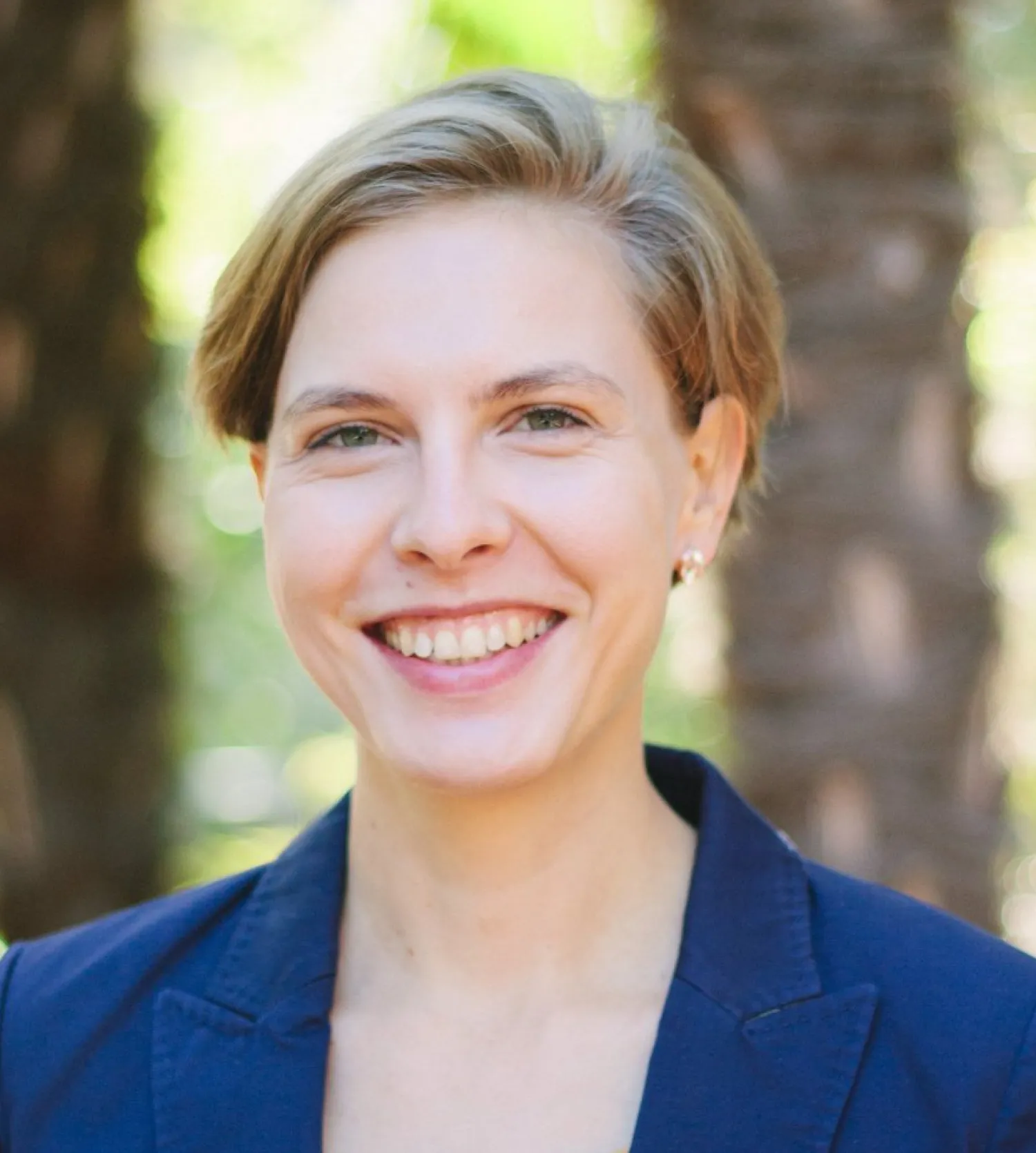With publications in IR’s flagship journals, and over half a million in external research income, Inken is a prominent scholar in the field of international organisations and political violence.
We spoke to Inken and asked her about life in DPIR.
Can you tell us more about your role as Professor of International Relations?
It seemed like a great opportunity to join Oxford. What attracted me to DPIR was a larger group of IR colleagues than in my previous institutions and more opportunities for supervising PhD students. I had also heard about how excellent the undergrads here are, which I can now confirm is true. As a professor of international relations, I do research on international organisations and political violence, I teach and advise undergraduate and graduate students and help with the administration of the Department and College.
What are your main research interests?
My research focuses on the domestic politics of international relations with an emphasis on international organisations and their effect on domestic conflict and elections. Specifically, my research falls into three areas: international organisations’ membership politics; international democracy assistance; the causes and consequences of election violence. In my first book, The Credibility Challenge, I develop and test a theory of how international organisations can influence election violence by changing election credibility. In my second book, Exit from IOs, I examine state exit from international organisations.
Can you tell us more about your British Academy Fellowship and your latest book – Exit from IOs – and why this is important and pertinent today?
The British Academy Fellowship allowed me valuable time and fieldwork funding to research and write my second book. The book was just published by Cambridge University Press. In this new book, jointly written with Felicity Vabulas, we ask: why do states exit international organisations (IOs)? How often does exit from IOs – including voluntary withdrawal and forced suspension – occur? What are the effects of leaving IOs for the exiting state? Despite the importance of membership in IOs, a broader understanding of exit across states, organisations, and time has been limited. We address these gaps in knowledge through a theoretically grounded and empirically systematic study of IO exit. We argue that there is a common logic to IO exit which helps explain both its causes and consequences. We argue and show that exit is driven by states’ dissatisfaction, preference divergence, and is a strategy to negotiate institutional change. The book also demonstrates that exit is costly because it has reputational consequences for leaving states and significantly affects other forms of international cooperation. We document these trends by examining IO exit across 198 states, 534 IOs, and over a hundred years of history.
While state exit from international organisations is topical today, we started researching this phenomenon more than a decade ago, when it was still a niche topic. With Brexit, two Trump administrations in the US, and other countries considering leaving institutions, these issues have become headline news. While it’s great to be able to speak to current affairs, it’s also important to put current events in context and ensure we do not generalize from a few individual cases. Our book provides a useful foundation for anyone who’d like to better understand why states leave organisations that they have joined voluntarily and spent many years contributing to and reaping benefits from. For a quick read, we also published a short blog post.
You received a Philip Leverhulme Prize - how has this award impacted your research?
The Leverhulme Prize has allowed me to have more time and resources for my next research project. This new project is on US participation in international organisations and examines ways in which countries can reduce their participation in institutions short of leaving. The first step in this agenda is looking at funding of organisations, and the Leverhulme Prize has allowed me to collect new data from archives and do fieldwork for interviews. I just returned from a trip to the UN Environment Program in Nairobi (Kenya), which was exciting and very helpful, thanks to the generosity of staff. We have a first research paper and are working on others.
How do you think about the impact of your research?
I regularly reach out to practitioners to inform my research and disseminate findings. For the new book, we’ll do talks this Fall at the United Nations, other international organisations, and at think tanks and government foreign affairs agencies (just like I did for my first book). One of our earlier papers was invited to a special issue edited by the World Bank’s chief social scientist (Michael Woolcock) and a colleague at George Mason University (J.P. Singh). Having research featured there and participating in the launch event in Washington DC was a great experience. My previous research has been supported by the United States Institute of Peace and the Swedish government’s Folke Bernadotte Academy.
I also help facilitate and scale up that kind of exchange between practitioners and researchers. I’m on the Board of Directors at ACUNS (the Academic Council of the United Nations), which brings together researchers and practitioners interested in the work of the UN and multilateralism more broadly. As part of that work, I have co-organised a week-long workshop, helped organize an annual meeting with several hundred participants in DC, and am serving as one of the editors at the journal Global Governance.
How do you enjoy life in DPIR and how is the importance of International Relations?
I have enjoyed getting to know many new colleagues over the last two years, co-running the IR colloquium to connect us to many other excellent IR researchers from around the world, and engaging with students. IR is one of the three core fields at DPIR (alongside comparative and theory). I’d like to think of IR as the most exciting field, but some of the best work emerges at the intersection of the different fields.



